Inside Westminster: We might have entered an era of four-party politics
The political system has had a shock. Ukip tapped into something real, and angry

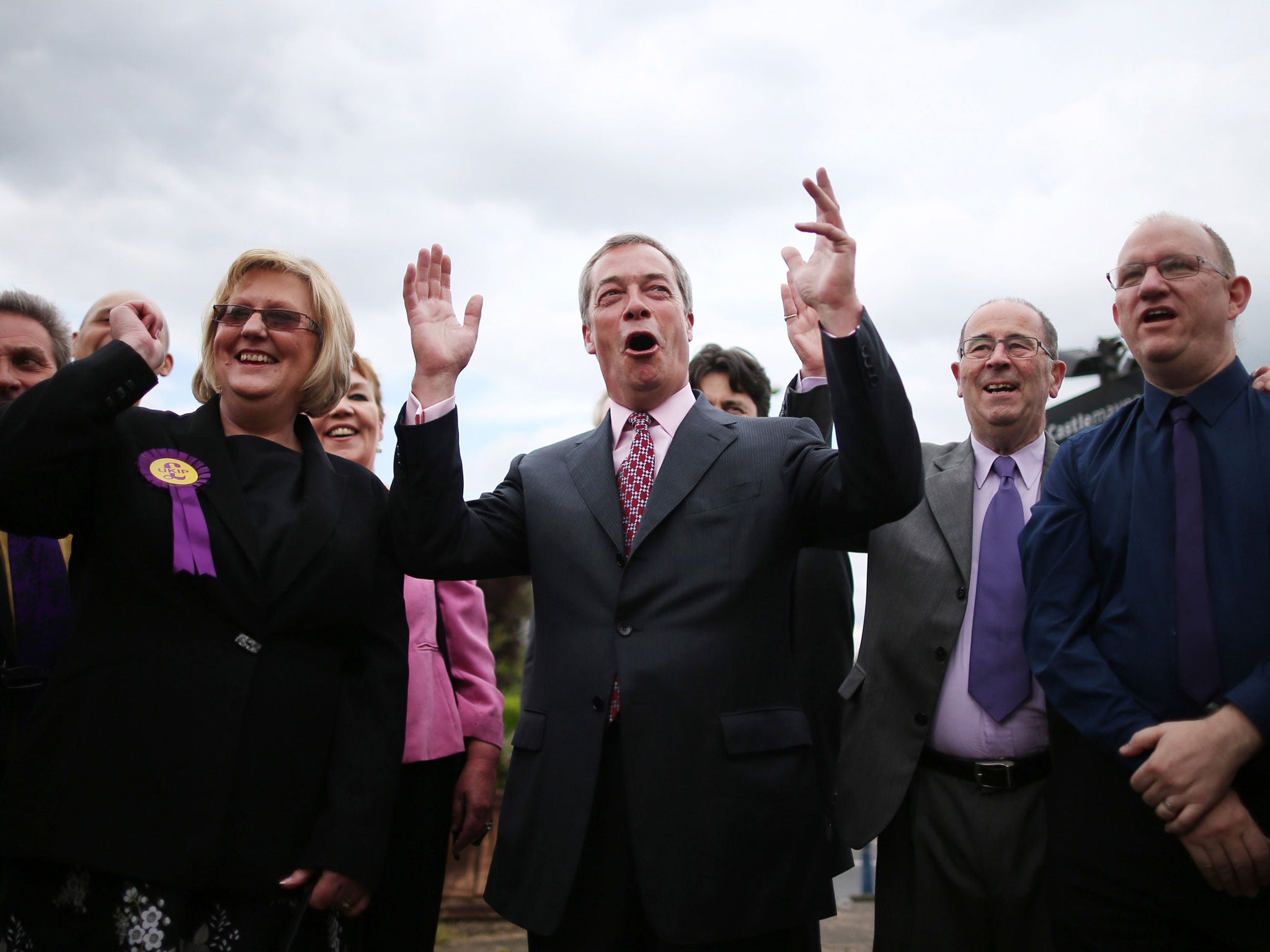
The European election campaign was shaped by a huge gamble by Nick Clegg. He took the unusual step of actually talking about Europe in a Euro election, and to parade rather than mask the Liberal Democrats’ pro-EU credentials.
By taking on Nigel Farage in two broadcast debates last month, the Deputy Prime Minister ensured that Europe was discussed more than at any European Parliament election since they began in 1979.
His motive was both honourable and self-interested: the Lib Dems were on a hiding to nothing on Thursday, and Mr Clegg hoped to woo the one in four people who regard themselves as pro-European.
His gambit backfired. He handed Mr Farage a bigger platform and a perfect launch pad. The Ukip leader was never going to campaign on the small print of the common agricultural policy.
Ukip talked a little about Europe and a lot about immigration – a much more potent issue and the party’s direct route to the working class, where the anger about mainstream politicians is strongest.
The Tories and Labour didn’t really want to talk about Europe or immigration. They were unsure whether to ignore or attack Ukip. Mr Cameron told us he is the man with the long-term economic plan.
Mr Miliband unveiled policies on GP appointments, private sector rents, social care visits and the minimum wage, which had nothing to do with Europe.
Mr Clegg argued, correctly, that going head to head with Mr Farage ensured greater scrutiny for Ukip’s policies and candidates. Its nasty side duly emerged. But, with the exception of London, voters were not repelled. “The man in the pub didn’t give a damn,” a senior Labour figure admitted. “He just wanted to kick all three parties. It wasn’t a general election, so it was a free hit.”
These elections will confirm Mr Clegg’s status as the whipping boy of British politics. There are some events that just stick to politicians and they can never move on. Margaret Thatcher and the poll tax. John Major and Black Wednesday. Tony Blair and Iraq. For Mr Clegg, it was his U-turn on university tuition fees.
Losing another tranche of councillors will be painful for the Lib Dems. Local activists wonder what will be left of the party at grassroots level, especially if it enters another coalition next year. Yesterday’s council results suggest that is a very possible outcome; it is hard to see either Labour or the Conservatives winning an overall majority.
There is already pressure from some Lib Dems for Mr Clegg to resign as leader. He will not be moved. He believes that bailing out, just when the economy is improving, would undermine the prospects of showing that “coalition works”, the Lib Dems’ holy grail.
When the Euro results are announced tomorrow, it will look like Britain has entered an era of four-party politics. I suspect that time will tell us we have three and a half parties; for once, Mr Farage will to settle for half a pint.
True, he reached parts of the electorate that the other parties could not. But under first past the post, it will be very difficult for Ukip to win more than a handful of parliamentary seats next year.
The spotlight will now fall on Ukip’s undefined domestic policies and may prove very unflattering. Mr Farage refused to be pinned down in the past month on the grounds that he was fighting a European election, but has a lot of policy pruning to do.
An across-the-board “flat tax” would hurt the working classes he aspires to champion. Calling for spending cuts while making pledges to spend more will look inconsistent.
Yet we now know that Ukip will definitely shape the general election. It will be the wildest of wild cards. The three mainstream parties will analyse and re-analyse the results of Thursday’s elections as they try to predict the “Ukip effect” next May.
The political system has had a 10,000-volt shock. Ukip tapped into something real, and angry. People who voted for it cannot all be dismissed as wanting to turn back the clock to a better yesterday.
The three main parties need a convincing story on immigration. They shouldn’t ape Ukip but need to start talking about the benefits of migration instead of about how to stop migrants from drawing benefits.
The Conservatives take comfort because Mr Miliband is under more pressure from his own party this weekend than Mr Cameron. Yet Ukip may inflict more damage to the Tories than Labour at the general election, by depriving them of victory in key marginal seats. A “vote Farage, get Miliband” warning may not cut as much ice as the Tories expect.
Labour cannot rely on Mr Farage to let it win by default. Mr Miliband’s call for a more responsible capitalism ought to appeal to the voters who feel “left behind” by the recession and globalisation.
But many of them went to Ukip on Thursday and have not heard Labour’s message. Time is running out for Mr Miliband to get it across.


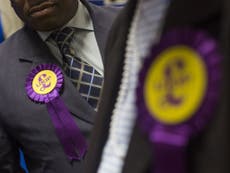
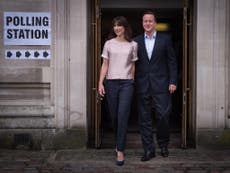
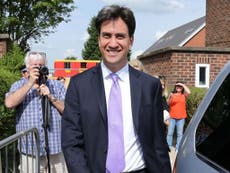
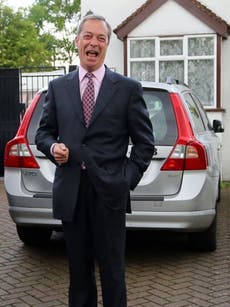
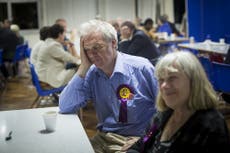
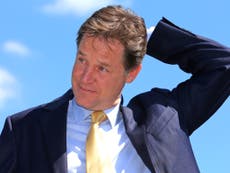
Join our commenting forum
Join thought-provoking conversations, follow other Independent readers and see their replies